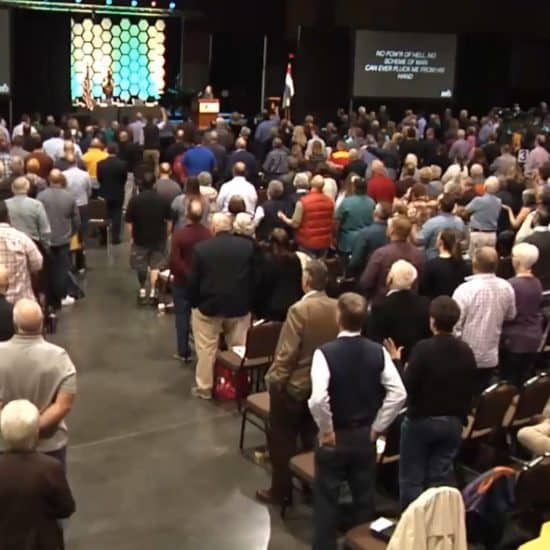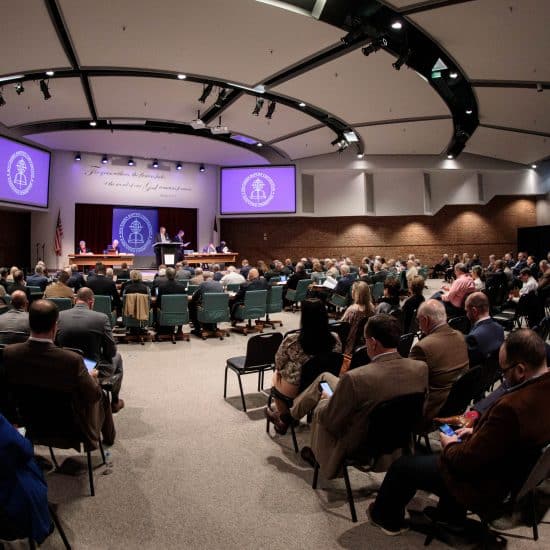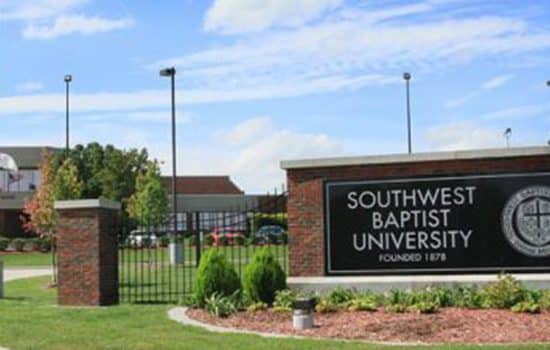RICHMOND, Va. (ABP) — Baptist Theological Seminary at Richmond trustees have adopted a new business plan that calls for "orderly selling" of campus buildings and eventual relocation in order to broaden the seminary's academic mission beyond granting theology degrees to professional ministers.
"While our physical facilities have served us well in the past, they now limit the institution's freedom, vision and ability to respond to the future needs of theological education," trustees said in a statement drafted during a meeting March 21-22.
The plan also calls for raising $2 million in pledges to be paid in the next four years and raising $10 million in endowment funds in the next decade, nearly tripling the school's current endowment of $5.5 million.
Ron Crawford, the seminary's president since 2007, reported in a series of blogs that the seminary's future lies in collaboration with other partners to provide educational opportunities beyond the seminary classroom.
While degree programs will continue to be the seminary's main focus, Crawford envisioned training for non-clergy like conferences for high school and college students sensing a call to ministry and certificate programs for laity, as well as continuing education for clergy.
"Thinking of theological education as a degree earned over three years will increasingly give way to a view of theological education as a continuum beginning in childhood and flourishing to the end of life," Crawford forecast for the next 20 years of theological education. "In the Information Age, formal theological education will expand beyond the training of clergy to include laity. Through the degree programs, online courses, certificate programs and conferences BTSR will endeavor to expand the reach of theological education."
Crawford said he envisions eventual relocation from the campus adjacent to Presbyterian-affiliated Union Theological Seminary in buildings that once housed Union's Presbyterian School of Christian Education to a new BTSR building with 39,000 square feet of space. The seminary would use 21,000 square feet, and the rest would be leased to partner organizations. That would allow all organizations to reduce operating costs by combining functions like information technology and for BTSR to collect a modest rent.
Crawford says the seminary currently has too much unused space. To fulfill its essential mission, he said the school needs only about 25 percent of the present facilities. One reason the seminary chose its present location, he said, was proximity to a major theological library. A number of those libraries becoming digitized and available online in the next five or six years now gives the school more flexibility in sharing building space with a broader range of partner organizations, he said.
Crawford said the seminary would continue to pursue a "strategic relationship" with a university, possibly hosting a graduate program or interdisciplinary studies mingling theology with other areas of study. Trustees of Chowan University in North Carolina recently voted to discontinue talk of a possible merger with BTSR, citing concerns including $7 million the seminary owes in debt.
Opened in 1991, BTSR was formed to continue the heritage of Southeastern Baptist Theological Seminary, the first of six seminaries owned by the Southern Baptist Convention to change hands during a movement known alternately as the "conservative resurgence" or "fundamentalist takeover" during the 1980s and 1990s.
The Richmond school was spearheaded by the Alliance of Baptists — a group formed in 1987 made up of Baptists mostly east of the Mississippi River who were convinced the SBC battle was lost and it was time to move forward with a new organization built on principles like women in ministry and open inquiry in theological education — and the Baptist General Association of Virginia.
Today BTSR is one of 15 theological education partners of the Cooperative Baptist Fellowship, a group that formed in 1991 for similar reasons to the Alliance but was more centrist than the generally leftward-leaning Alliance. The Fellowship claims about 1,900 churches provide at least some level of financial support, while the Alliance lists 124 member congregations on its website.
-30-
Bob Allen is senior writer for Associated Baptist Press.
Previous stories:
Newspaper reports Chowan-BTSR talks are off
BTSR considering merger with Chowan University






